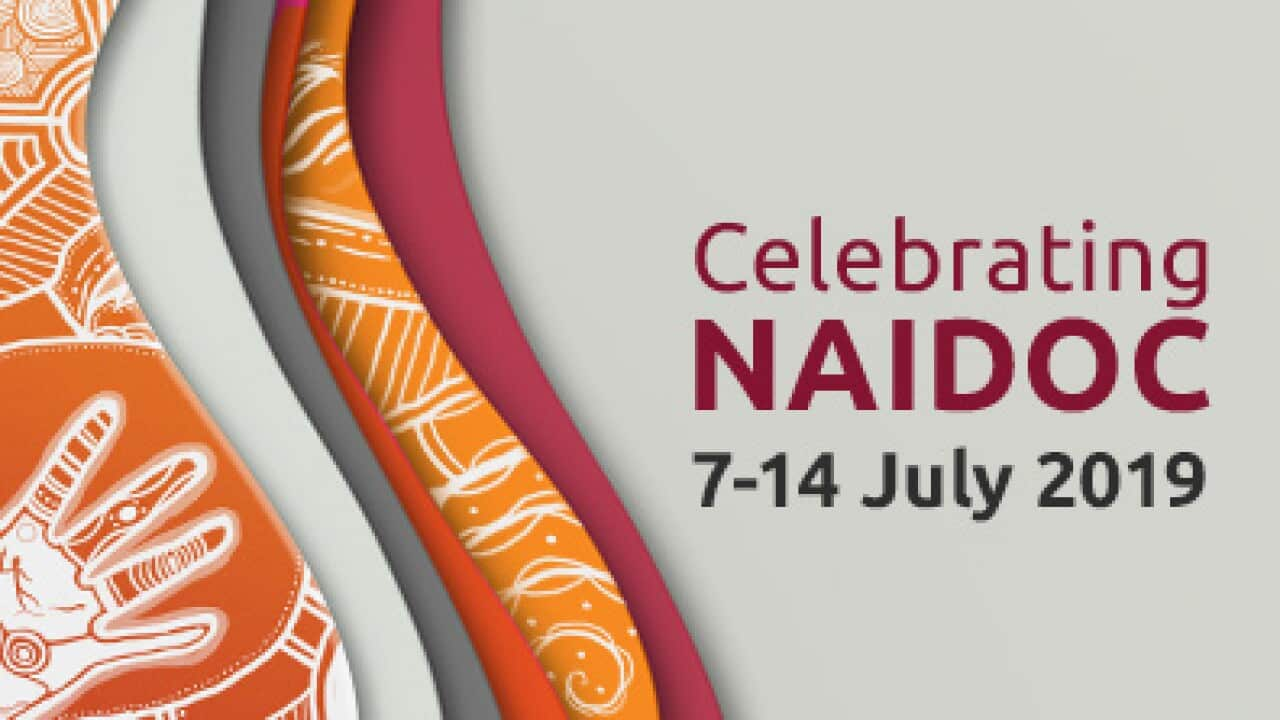From 7-14 July, a series of events across Australia will mark NAIDOC Week, delivered this year under the theme 'Voice. Treaty. Truth. Let's work together for a shared future'.
How did NAIDOC Week start?
Organised by the National Aborigines and Islanders Day Observance Committee, NAIDOC has its roots in activism that took place in the 1920s and 30s.
On Australia Day 1938, protesters marched through Sydney in what was called a Day of Mourning.
This year is the 80th anniversary of the 1938 Day of Mourning. A significant moment in history which involved many brave, courageous Aboriginal men & women, fighting for our rights, fighting for our future & fighting for a voice. Their legacy matters & we shouldn't forget that.
Its success led to the day being marked each year on the Sunday before Australia Day, in what became known as National Aborigines Day. That was eventually shifted to July so the day of protest could also be one of celebrating Aboriginal culture.
In 1975, the annual commemoration became a week-long event marked from the first to the second Sunday in July.
This year's theme
John Paul Janke, co-chair of the National NAIDOC Committee, says the enduring quest for a treaty and for a process known as truth-telling is reflected in this year's theme.
"The NAIDOC Committee felt that those issues have been sort of bubbling away at the surface for generations," he told SBS News.
"Aboriginal people have always been asking for a say in their own affairs and on issues that affect them and we've been asking for a treaty or similar agreement for generations."
People supporting NAIDOC Week participate in a march through Melbourne in 2018.
AAP
"We believe that the best way to do that is to undergo a truth-telling exercise ... to tell the true history of this country, and it's something that the NAIDOC Committee felt it's time to undertake."
Charmaine Mumbulla, a proud Kaurna & Narungga woman, is this year’s winner of the prestigious #NAIDOC2019 Poster competition. Her artwork ‘Awaken' depicts an early dawn light rising over Uluru, symbolising continued spiritual & unbroken connection to the land. #VoiceTreatytruth 376 9:03 AM - May 15, 2019
235 people are talking about this
A new generation of support
Mr Janke says what started as a protest movement is now a week of celebration. And support for it is growing.
"Today, it is used by Indigenous communities to still celebrate their survival but also to celebrate their rich history, their diverse cultures and also to share their knowledge.
"In the Indigenous community it's growing more than ever, each year the celebrations get bigger and bigger.

"In the non-Indigenous community, the celebrations are increasing and, in fact, a lot more non-Indigenous people and communities and organisations are celebrating NAIDOC using it as an opportunity, I think, to engage with the Aboriginal and Torres Strait Islander community."
Wiradjuri Wailwan woman and lawyer Teela Reid (pictured below, left) encourages young Indigenous Australians to celebrate during NAIDOC week and recognise the importance of their own individual voices.
Share

